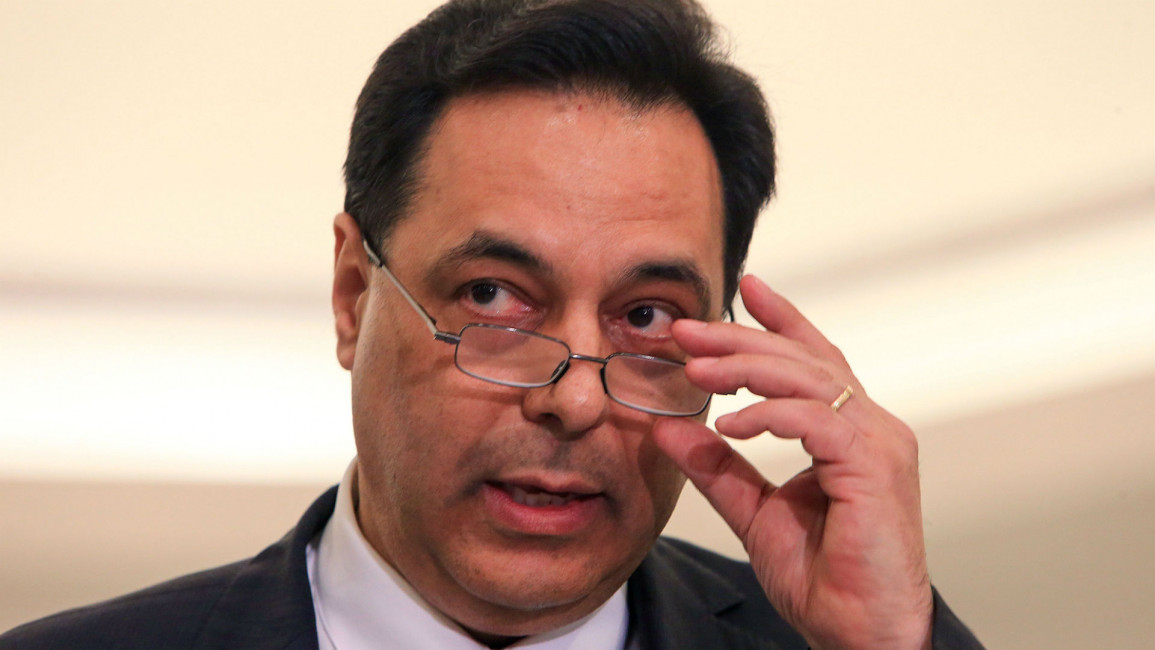Lebanese government to keep bread subsidy, pledges alternative plan
Ministers agreed during a meeting over subsidy rationing with the central bank governor and an advisor to the president to draft a plan to help cut spending while maintaining support for some basic goods.
A statement from Caretaker Prime Minister Hassan Diab's office said attendees had agreed at Tuesday's meeting to study means for reducing the oil bill and providing ration cards.
Comments about the removal of subsidies on bread, fuel and medicine have triggered panic buying in recent months, raising fears of food shortages and growing hunger.
"Officials discussed the amount of subsidized flour to be limited to only the bundle of bread, which means that the ministry of economy and those responsible for this file in particular, were aware of the waste of subsidized flour on unnecessary products and achieved only double profits for the owners of the bakeries, but they turned a blind eye to it," one source said Lebanon's told The Daily Star.
Twitter Post
|
Governor Riad Salameh said last week the central bank could only keep subsidies for two more months.
With foreign reserves dwindling fast and an end to subsidies looming, Lebanon's leaders have yet to make any substantive moves towards a plan to back imports or help the country’s most vulnerable.
Lebanon's economy started collapsing last year as a result of years of corrupt practices and mismanagement.
The crisis was made worse by a nationwide wave of anti-government protests that paralysed the country late last year and the Covid-19 pandemic this year.
The August 4 Beirut port blast, one of the largest non-nuclear explosions in history, brought the country to its knees and further fuelled public distrust.
Lebanon's government resigned after the explosion, but talks have stalled to form a new cabinet essential to start reforms towards unlocking billions in desperately needed financial aid, as Lebanon hurtles towards what UN agencies have warned will be "a social catastrophe".
Follow us on Facebook, Twitter and Instagram to stay connected



